Endpoint security is a method of protecting a central corporate network when it is being accessed through remote devices, or endpoints, such as PCs, laptops and other wireless mobile devices.
And while endpoint security is a concept that isn't exactly new by any means - most information security professionals understand the implications of it pretty well - it is becoming more complex in its application due to the broadening of many company BYOD policies and the increasing number of employees and authorized users being allowed to log in remotely to corporate networks.
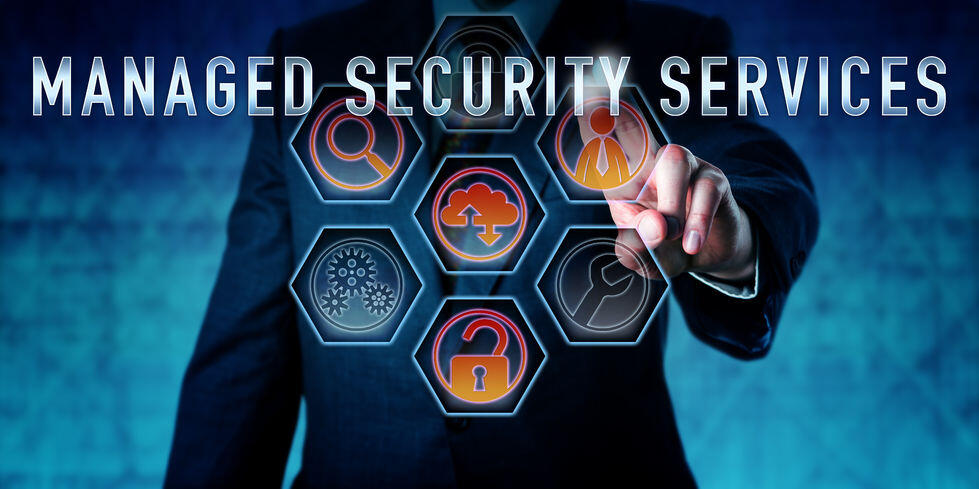 Device protection means that all of your internet-connected devices contain software that monitors, manages, and protects them from malicious activity, automatically, preemptively, and in real-time.
And as we demand more and more of our computers and mobile devices, the need for device protection also increases.
Our Device Protection service allows individuals and businesses to centrally manage the security of all their internet connected technology through systems that offer Dynamic Monitoring & Management of all devices, and Automatic Updates to protect by ensuring that the most current patches, or fixes to the software are automatically added to each of your devices as soon as they are available.
Device protection means that all of your internet-connected devices contain software that monitors, manages, and protects them from malicious activity, automatically, preemptively, and in real-time.
And as we demand more and more of our computers and mobile devices, the need for device protection also increases.
Our Device Protection service allows individuals and businesses to centrally manage the security of all their internet connected technology through systems that offer Dynamic Monitoring & Management of all devices, and Automatic Updates to protect by ensuring that the most current patches, or fixes to the software are automatically added to each of your devices as soon as they are available.
Think about it: your personal information has become the most sought-after commodity in the world. While a username or password alone may seem useless and without value, access to this type of information is what gives hackers pathways into unlimited additional, and often very valuable, data.
Consider the many devices you might use on a daily basis to carry out day-to-day tasks, such as ordering pizza, paying your bills, communicating with coworkers, or checking on the security of your home. Each of the devices you use to perform these tasks is vulnerable to a security breach, making your information accessible to cyber attacks.
Cyber Security: Physical Device Protection
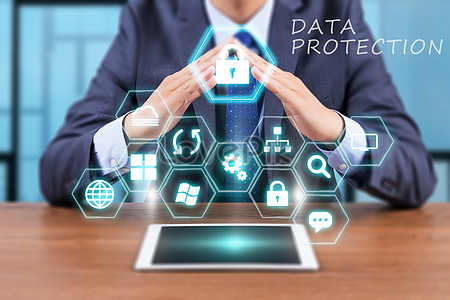
Reality Alert
"An accountant for a small business regularly took his laptop home from the office so he could continue to work later in the evening. One day he stopped for gas and his laptop, which contained sensitive information, was stolen from his vehicle. The thieves quickly figured out how to access the hard drive and all the company’s important information was exposed. It cost the company thousands of dollars to update and protect their information after this hack.
A key component for keeping information secure within an organization is physical device security. Most employees use a laptop, desktop, or mobile device to access information at work and these devices must be secured to protect that information.

Device Security Tips
Keep laptops and tablets secure during transport. Be aware of your surroundings and keep the device secured in a bag. Don’t leave it on a table in a restaurant or visible in a vehicle. Once a thief has physical access to your device, they can often figure out a way to access the hard drive.
Always keep devices locked with a strong password/passcode. A fingerprint or other biometric data is also a good way to lock devices like tablets or smartphones. Whenever you walk away from your computer at work, make sure it’s locked.
Back up all information on these devices so if they’re lost or stolen, that information isn’t lost too.
Add apps to tablets and smart phones that can track lost or stolen devices.
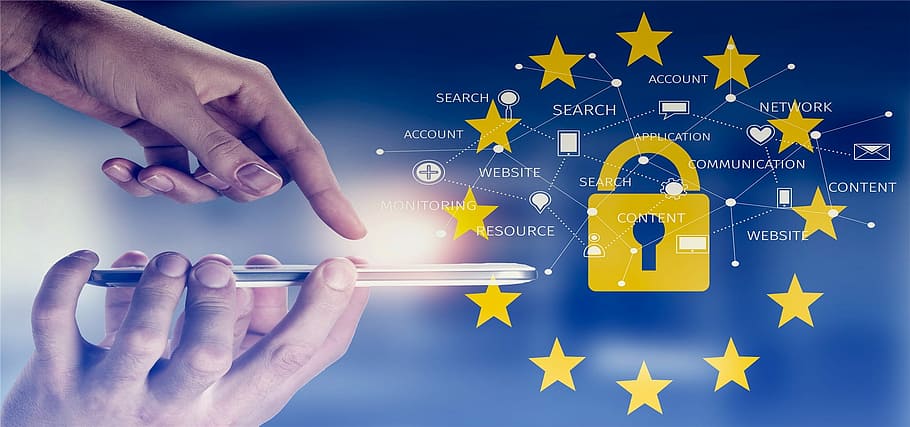
Laboratory instruments for the cerium division of connections
As previously described, laboratory instruments are used for the analysis of various materials. The range of products in these supporting devices is large and includes mortars and pestles, mills and dispensers. The mills vary in design and size and are therefore designed for various materials. Thus, such diverse materials such as ground samples or ceramics can be ground and optimally prepared for inspection.
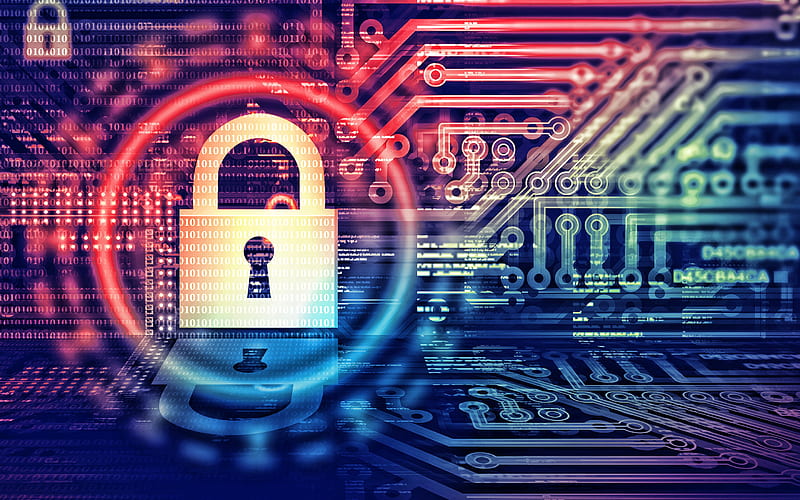
If a Device is Stolen or Lost
If a device is stolen or lost, there are a few things you should do. First, notify your company’s IT department. They can often take steps to secure the device remotely. They may also be able to erase the data on a tablet or smartphone once it’s determined that it’s gone for good. If the device was stolen, alert the proper authorities. They may be able to recover the device.
An optical investigation is part of the agenda with most series of experiments in. Hence, we likewise have microscopes, refractometers and thermometers in the PCE’s laboratory instruments program. While observing the various experiments, it is important to use high-quality microscopes that allow a precise observation of the specimens. This is, of course, the case for most laboratory instruments, but is of especially high importance when it comes to microscopes. PCE has a large number of microscopes. If you are interested, you fill find the corresponding classifications of these laboratory instruments on our Internet pages. Furthermore, please don’t hesitate to contact us with your questions concerning our laboratory instruments. Our advisors will gladly consult you.
All home security systems work on the same basic principle of securing entry points, like doors and windows, as well as interior space containing valuables like art, computers, guns, and coin collections. Regardless of the size of your home, or the number of doors and windows or interior rooms a homeowner decides to protect, the only real difference is in the number of security components deployed throughout the home and monitored by the control panel..
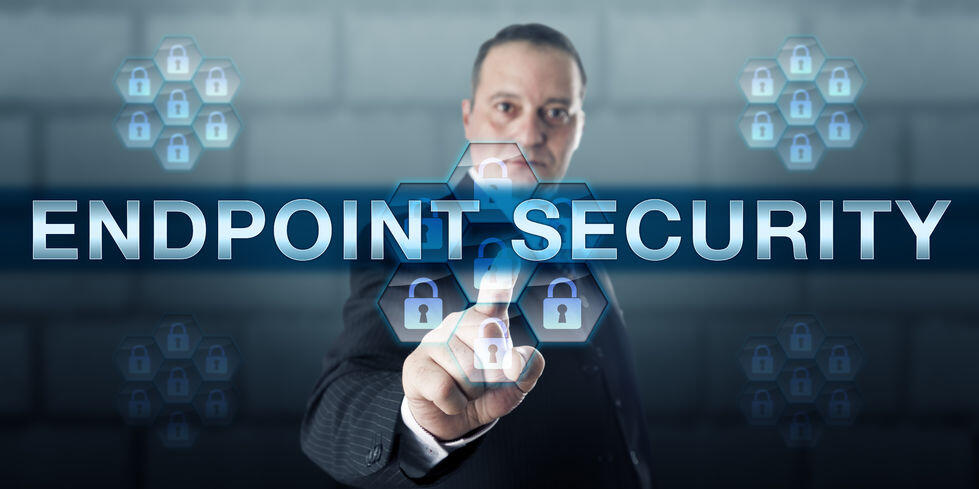
 Device protection means that all of your internet-connected devices contain software that monitors, manages, and protects them from malicious activity, automatically, preemptively, and in real-time.
And as we demand more and more of our computers and mobile devices, the need for device protection also increases.
Our Device Protection service allows individuals and businesses to centrally manage the security of all their internet connected technology through systems that offer Dynamic Monitoring & Management of all devices, and Automatic Updates to protect by ensuring that the most current patches, or fixes to the software are automatically added to each of your devices as soon as they are available.
Device protection means that all of your internet-connected devices contain software that monitors, manages, and protects them from malicious activity, automatically, preemptively, and in real-time.
And as we demand more and more of our computers and mobile devices, the need for device protection also increases.
Our Device Protection service allows individuals and businesses to centrally manage the security of all their internet connected technology through systems that offer Dynamic Monitoring & Management of all devices, and Automatic Updates to protect by ensuring that the most current patches, or fixes to the software are automatically added to each of your devices as soon as they are available.


